Ho Chi Minh City Ms. Binh, 34 years old, had a hot face, itchy skin, then red bruises appeared on both cheeks after applying a turmeric mask at the spa.
Ms. Binh said that she had a history of allergic reactions, with cracked skin and red, swollen face when applying fresh turmeric to her face to reduce inflammation and dark spots caused by acne. When she was a child, the doctor diagnosed her with an allergic reaction to turmeric, but she could eat and drink turmeric.
This time, the spa staff applied a turmeric mask to her without warning. When her face was burning and itchy, she asked the staff and discovered what had happened. After washing her face, the symptoms subsided. 2-3 days later, the itching stopped but there were many red bruises on both cheeks and chin.
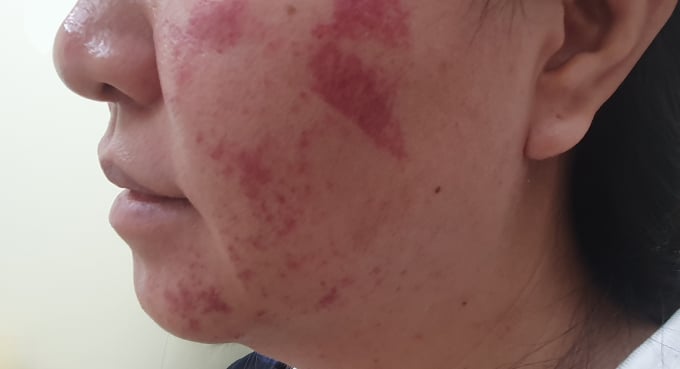
Red bruises caused by subcutaneous hemorrhage on Ms. Binh's cheek. Photo: Anh Thu
On January 8, Dr. Dang Thi Ngoc Bich, a dermatologist and skin cosmetic specialist at Tam Anh General Hospital in Ho Chi Minh City, diagnosed a patient with allergic contact dermatitis due to the turmeric ingredient in the skin care mask, causing subcutaneous bleeding.
Cosmetic allergies occur when the body's immune system overreacts to allergens in cosmetic ingredients. This reaction releases many types of chemical mediators such as histamine, serotonin... causing mild to severe allergic symptoms.
According to Dr. Bich, turmeric is rich in curcumin - a powerful antioxidant, with anti-inflammatory and antibacterial effects. Turmeric also helps brighten and even out skin tone, increase moisture, reduce dark spots, acne scars, and tighten pores. Turmeric is basically benign and has long been a popular spice in cuisine, medicine, and is extracted for use in some cosmetics. However, people with sensitive skin to turmeric like Ms. Binh may have an allergic reaction. This is similar to some people being allergic to familiar foods such as eggs, peanuts, etc.
The doctor prescribed a topical medication for Ms. Binh that contained anti-allergy and anti-bruising ingredients. After 5 days of applying the medication, applying a thin layer each time and washing it off after 15 minutes, her skin was no longer allergic.
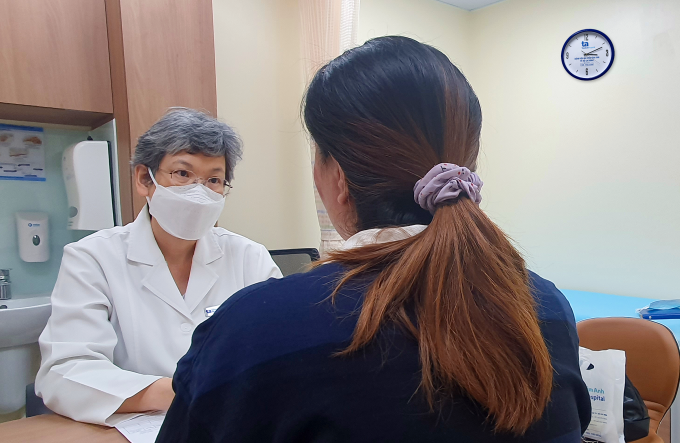
Doctor Bich examines Ms. Binh. Photo: Anh Thu
The most common sign of an allergic reaction is a tingling sensation with a local burning sensation, occurring within minutes to hours after using the cosmetic. The skin may become red, swollen, and edematous in areas of thinner skin such as the eyelids, cheeks, lips, or spread all over the face. Erythematous patches appear in the area where the cosmetic is applied, accompanied by blisters and itching.
Severe allergies may cause blisters or vesicles. After a few days, the red skin becomes dark, blotchy, has brown spots, hyperpigmentation; acne; dry, flaky... If the allergy lasts for a long time, it can develop into contact eczema (contact dermatitis) with clearly defined erythematous patches accompanied by blisters, skin ulcers and itching.
Allergic reactions can appear immediately after the skin comes into direct contact with allergens such as masks, lotions, soaps, shampoos, perfumes, makeup, lipsticks, etc. Depending on each person's constitution and sensitivity, allergic manifestations may be slower with varying degrees of severity.
Most cases of allergic contact dermatitis resolve on their own within a few days or weeks when exposure to the allergen is stopped. However, Dr. Bich said that some rare cases can become more severe, such as difficulty breathing, anaphylactic shock...
To reduce the risk of allergic reactions to new cosmetics, when using them for the first time, Dr. Bich recommends that users test their reactions on a small area of skin first. When going to a spa or medical facility for skin care, you should inform the staff from the beginning about the substances you are allergic to, and ask carefully about the products used in the treatment.
When abnormal symptoms appear on the skin, the patient should quickly clean the remaining cosmetics on the skin. In case of mild allergies, just wash the skin and stop using the suspected allergen, the symptoms will gradually decrease and disappear completely. In case of skin irritation causing itching, burning pain, severe swelling, the skin can be temporarily soothed by applying cold compresses and going to a dermatologist for appropriate treatment.
Patients should not self-medicate with anti-allergy medications at home. Self-medication is one of the reasons why allergies get worse, and also increases the risk of irreversible skin damage.
Patients should also not rub or scratch the irritated skin and avoid exposure to sunlight because the skin is in a vulnerable stage.
Anh Thu
Source link


![[Photo] General Secretary To Lam receives Russian Ambassador to Vietnam](https://vstatic.vietnam.vn/vietnam/resource/IMAGE/2025/4/2/b486192404d54058b15165174ea36c4e)


![[Photo] Third meeting of the Organizing Subcommittee serving the 14th National Party Congress](https://vstatic.vietnam.vn/vietnam/resource/IMAGE/2025/4/2/3f342a185e714df58aad8c0fc08e4af2)


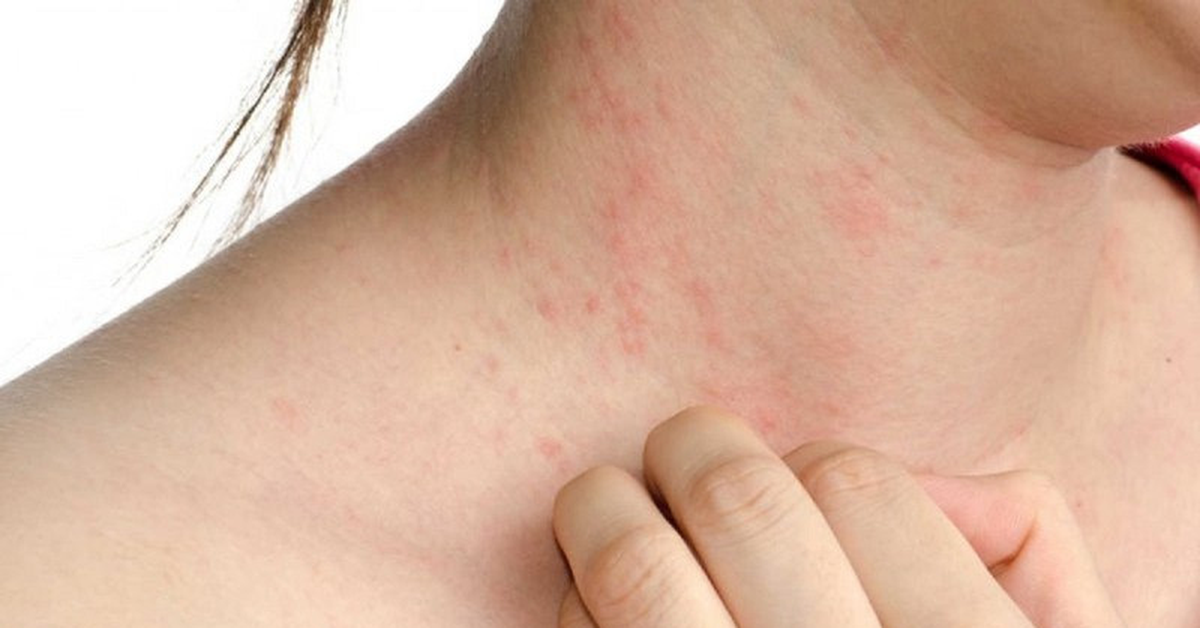

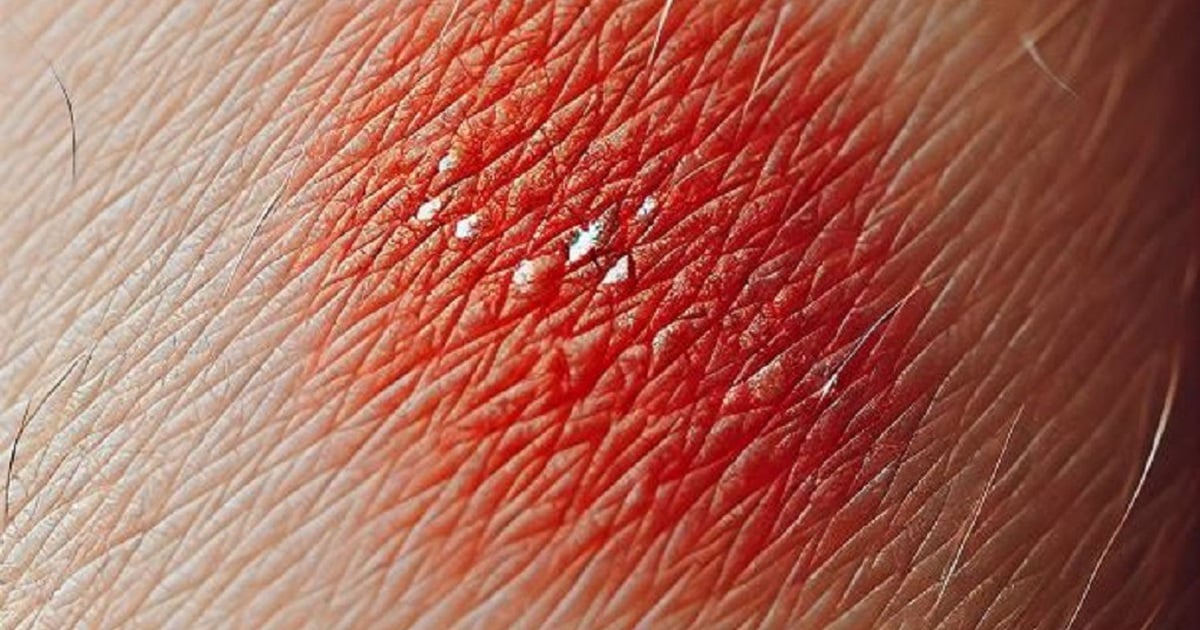

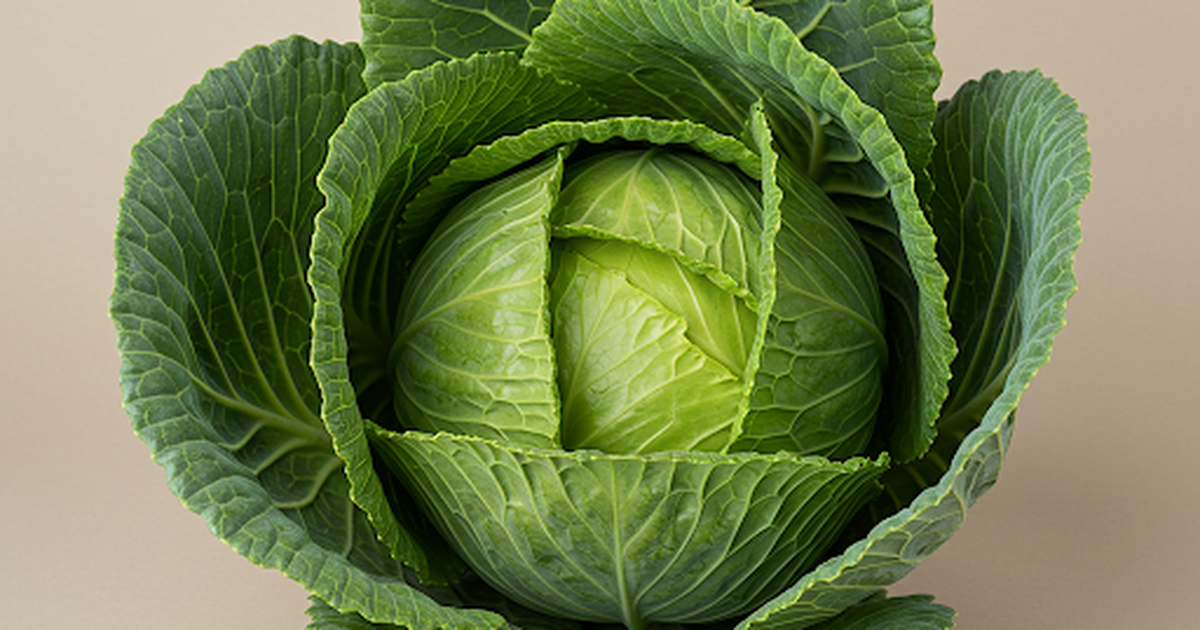
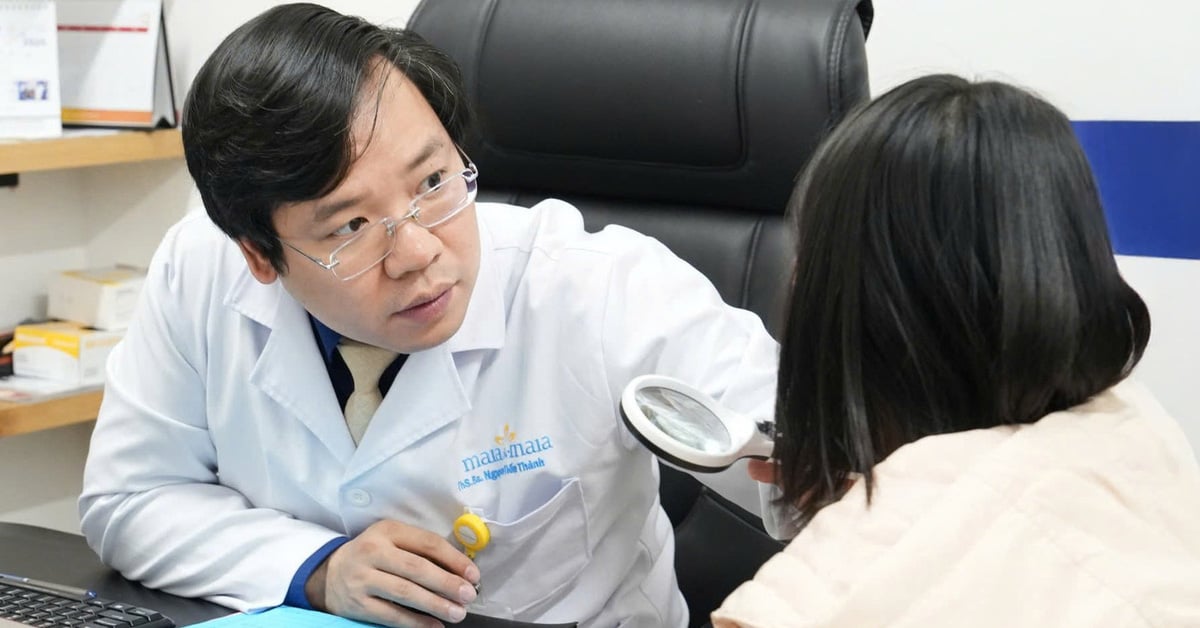


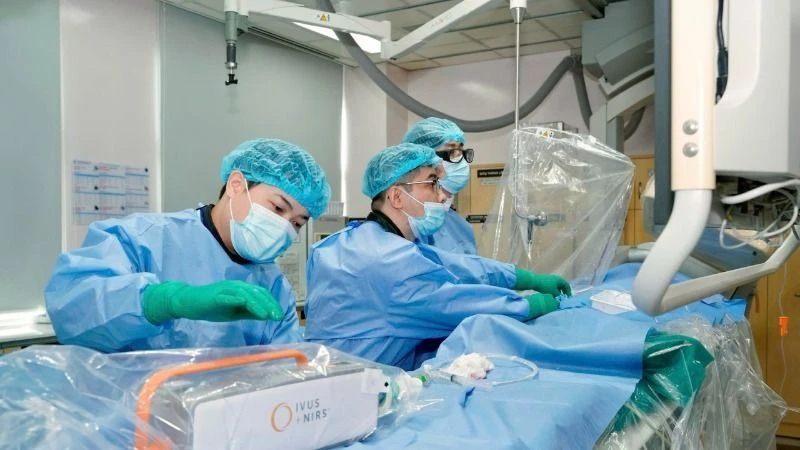














![[Photo] Relatives of victims of the earthquake in Myanmar were moved and grateful to the rescue team of the Vietnamese Ministry of National Defense.](https://vstatic.vietnam.vn/vietnam/resource/IMAGE/2025/4/2/aa6a37e9b59543dfb0ddc7f44162a7a7)















































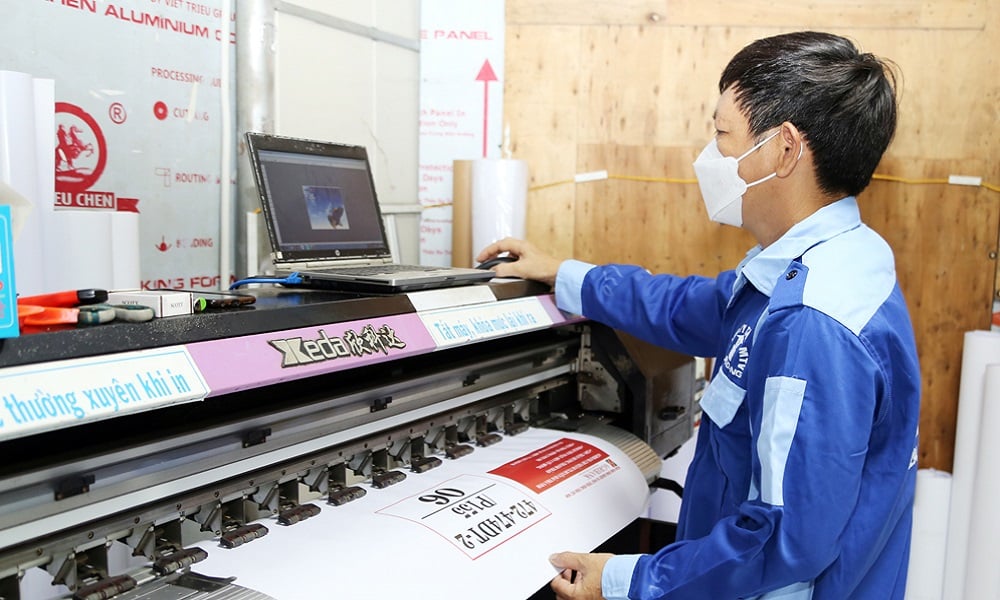





















Comment (0)